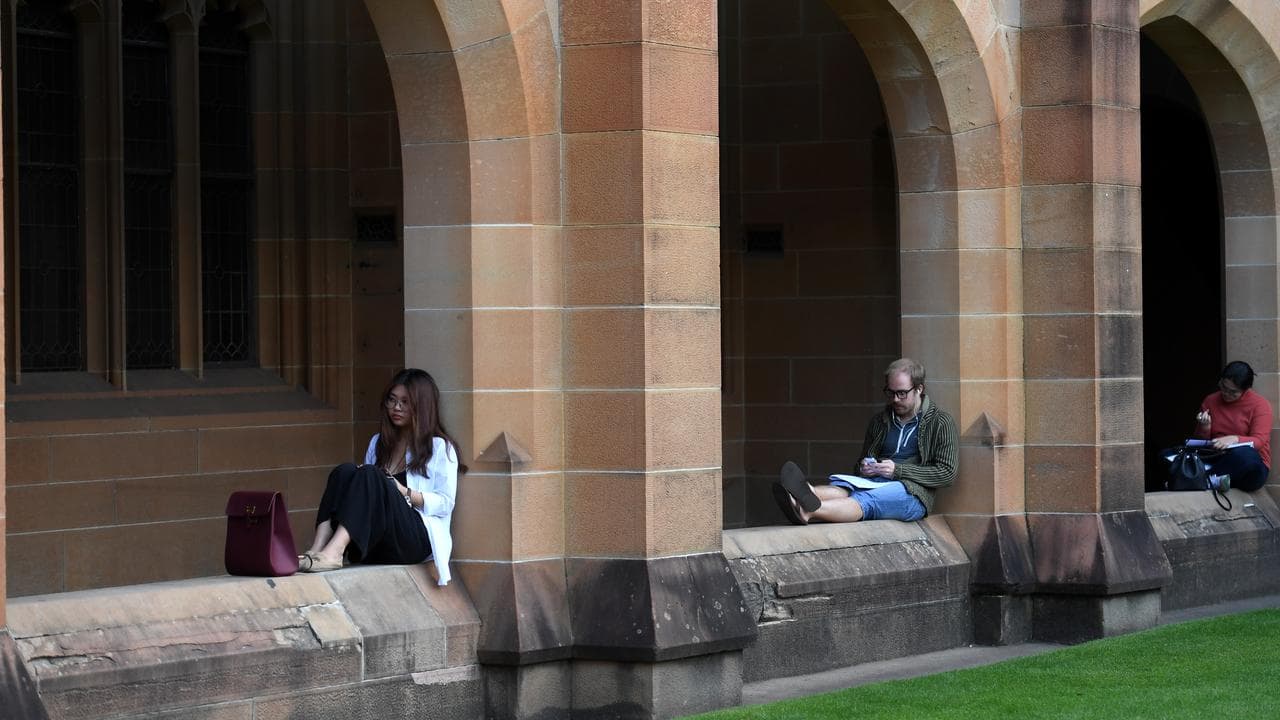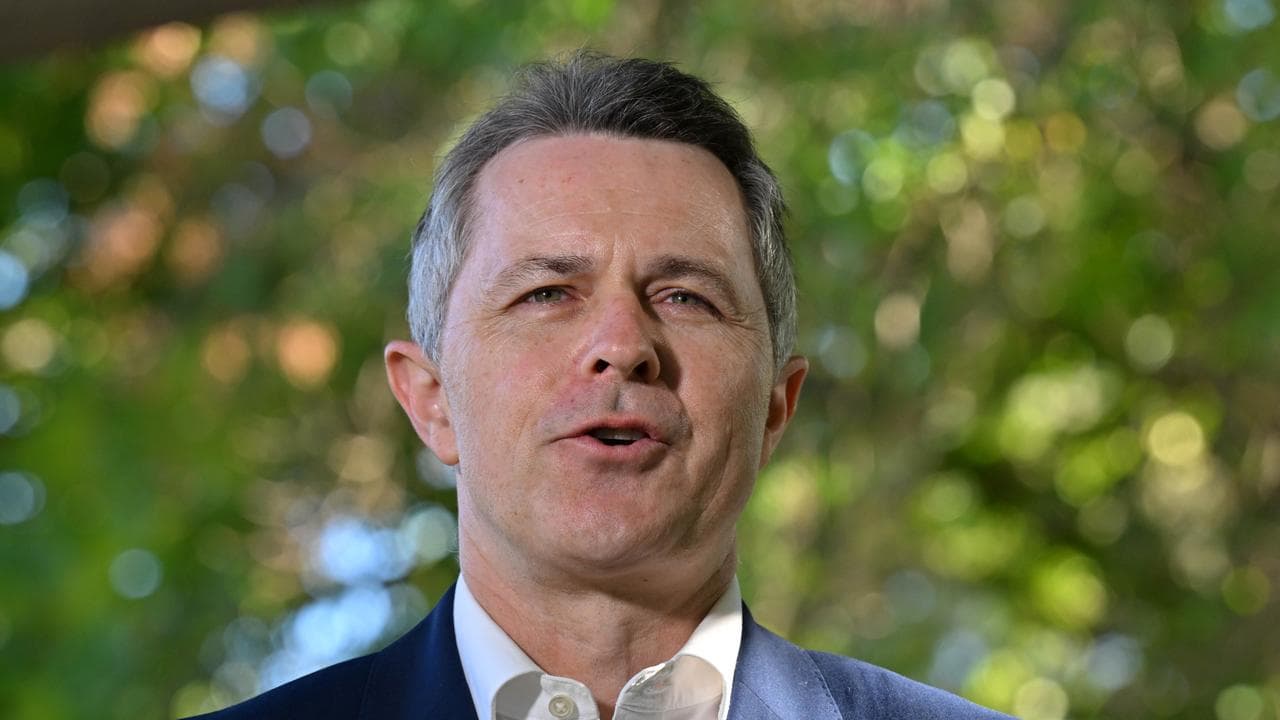
Universities would have to meet meaningful standards in how they prevent and respond to gender-based violence under a national code.
Education Minister Jason Clare introduced new laws to the lower house on Thursday, which would set up a mandatory higher education code.
He said not enough had been done to address sexual assault and harassment in universities and students hadn't been heard.

"This is a national first, and it has been a long time coming," he told parliament.
"For too long, students have been let down by their universities and inaction by previous governments."
The code will apply to all universities and will set rules for providers to develop a whole-of-organisation approach to respond to violence.
If they fail to meet these standards for student safety, universities might face financial penalties.
Mr Clare said the evidence was overwhelming, as one in 20 university students had reported being sexually assaulted on campus.
One in six have reported being sexually harassed and one in two felt they weren't being heard when they made a complaint.
An independent student ombudsman started taking complaints online last Saturday and calls earlier this week.
Renee Carr, from gender equity campaigning group Fair Agenda, said it shouldn't have taken this long to get reform, but praised the government for finally making it happen.
"If adopted in its current form, we believe it will provide a framework that will deliver transformative change for students," she said.
"Now we need it to be supported through the parliament to get it in place as soon as possible, so no more students have to wait for these safety protections."




